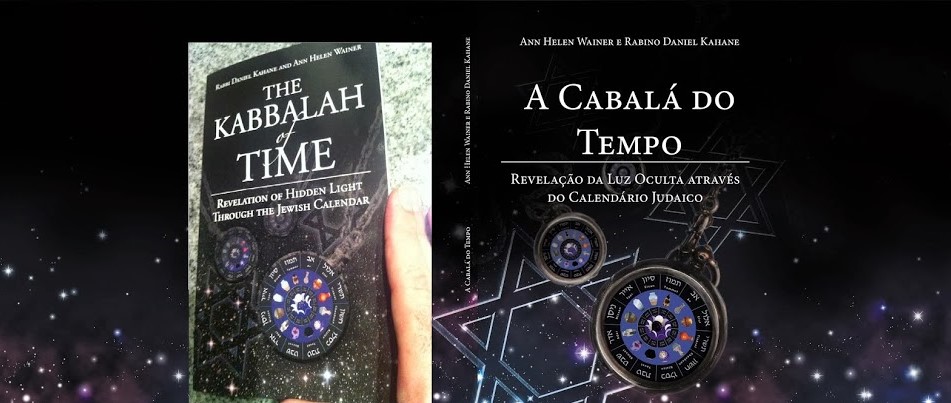The
swift is saying, "My help is from G-d, Maker of Heaven and
Earth." (Psalms 121:2)
Rabbi
Yehoshua would say: An evil eye, the evil inclination, and the hatred of
one's fellows, drive a person from the world.
Chesed
shebeGevurah (kindness within the context of discipline and judgment)
In
the eighth week of the year, as we approach the end of the month of Cheshvan,
the swift sings of its recognition that all help comes from G-d, Creator of
Heaven and Earth (Psalm 121:2).
The
swift’s verse is closely connected with Cheshvan. As we go deeper into
this month, we feel increasingly immersed (and sometimes even sinking) in the
various material concerns and tasks we need to accomplish. Therefore, we need Hashem’s
help in order to keep us afloat, and not to lose focus on our spiritual
objectives.
This
week, the teaching of Pirkei Avot is in the words of Rabbi Yehoshua,
who teaches about sin: "The evil eye, the evil inclination and hatred
towards [G-d’s] creations take a person out of this world" (II:11). Sin
takes us out of this world. However, this phrase can be understood in a
positive way: repentance after sin takes a person to much higher levels, beyond
the limitations of this physical and material world.
There
is a strong connection between the teaching of Rabbi Yehoshua in Pirkei
Avot and the month of Cheshvan. The evil inclination and hatred
prevailed upon the land at that time. The Torah teaches that theft was
particularly prevalent at that time – theft - act on the desire of the evil eye
and desire for that which is not yours. People of the time were so materialistic
that they downplayed the importance of ethics and spirituality.
The
combination of the sefirot for this week results in Chesed
shebeGevurah. The Flood began slowly, giving people ample opportunity to
repent, even after the rain began.[1] The truth is
that the flood was not all bad – it served to cleanse the world, and to allow
for a fresh start. The flood, which lasted for 40 days and 40 nights, parallels
the 40 cubits necessary for a kosher mikvah, the purifying ritual bath
that cleanses a person of impurity. (This week would also represent the “eighth
week,” or “Shavuot” of the cycle of Chesed and the seven days in
which Shavuot sacrifices were brought, known as “Shivah Yemei Miluim”)
In
this week, we see that the swift is fully aware of G-d’s kindness, His justice,
and His omnipotence. We must strive to follow suit, and direct ourselves always
to Him. We learn from the swift that we need G-d in everything and for
everything. Thus, if we are feeling alone and helpless, we should follow the
example of this bird and pray to G-d for help.
[Gematria Thought: The
number eight represents the concept of that which is above
nature. Eight is one more than seven, which represents nature, such as in the
seven days of the week. Eight is primarily associated with the concept of Mashiach, in that when Mashiach comes our whole existence will be one that is
above nature as we know it today. While King David’s harp had seven strings,
the harp of Mashiach will have eight.[2] The
number eight is also a reference to the unique relationship of the Jew with G-d
(a relationship that is above nature). A concrete example of this relationship
is the fact that circumcision is performed exactly on the eighth day of life of
a newborn.
Eight
is also related to the eight garments of the Kohen Gadol, the High Priest
of the Temple, whose service to G-d was above this world. The Kohen Gadol’s
garments, as well as the service he performed, were particularly aimed at
rectifying the sins of the Jewish people.
[2] “The
Month of Cheshvan According to the Book of Formation,” available at:
http://www.inner.org/times/cheshvan/cheshvan.htm]


No comments:
Post a Comment